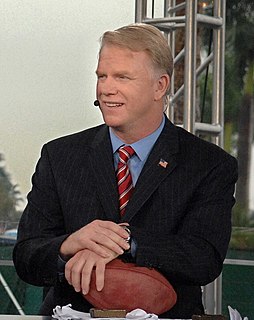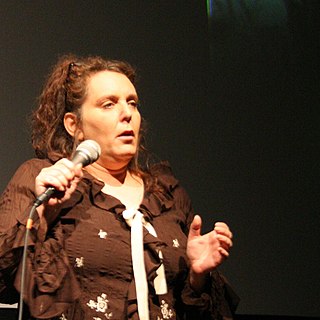A Quote by Jenna Wortham
The web's earliest architects and pioneers fought for their vision of freedom on the Internet at a time when it was still small forums for conversation and text-based gaming. They thought the web could be adequately governed by its users without their needing to empower anyone to police it.
Related Quotes
When I was 14, I spent a huge amount of time on the Internet, but not the Internet we know today. It was 1994, so while the World Wide Web existed, it wasn't generally accessible. Prodigy and CompuServe were popular, and AOL was on the rise, but I didn't have access to the web, and no one I knew had access to the web.
Although I didn't think so at the time, things were a lot simpler in 1969. All you had to do to express yourself was throw rocks at riot police. But with today's sophistication, who's in a position to throw rocks? Who's going to brave what tear gas? C'mon, that's the way it is. Everything is rigged, tied into that massive capital web, and beyond this web there's another web. Nobody's going anywhere. You throw a rock and it'll come right back at you.
Do you understand how there could be any writing in a spider's web?" "Oh, no," said Dr. Dorian. "I don't understand it. But for that matter I don't understand how a spider learned to spin a web in the first place. When the words appeared, everyone said they were a miracle. But nobody pointed out that the web itself is a miracle." "What's miraculous about a spider's web?" said Mrs. Arable. "I don't see why you say a web is a miracle-it's just a web." "Ever try to spin one?" asked Dr. Dorian.

































